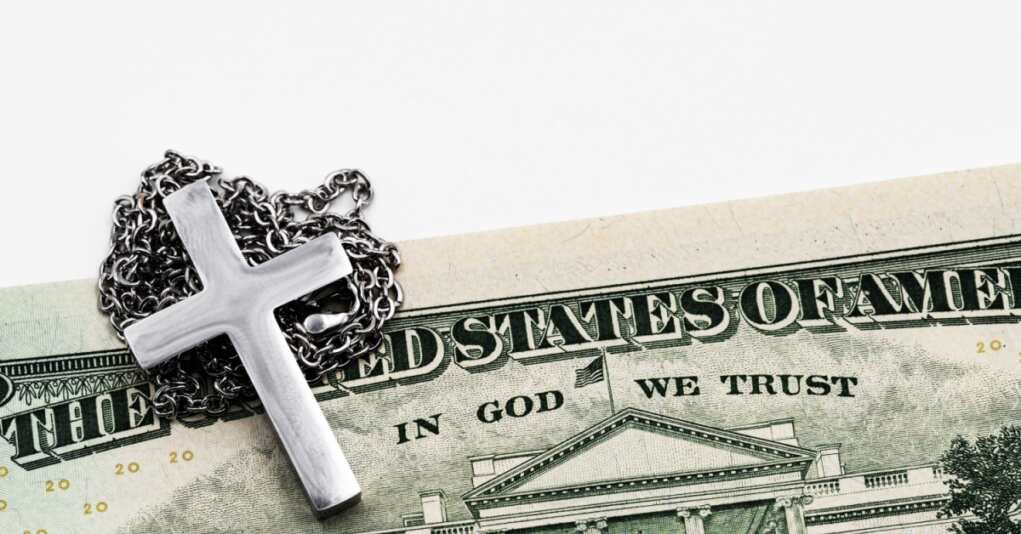Holy Taxation, Batman! Supreme Court to Decide if Charity Begins at the IRS

In a move that has left many Americans scratching their heads, the Supreme Court has agreed to hear a case that could redefine the relationship between religious organizations and taxation. At the heart of this legal drama is the Catholic Charities Bureau of Superior, Wisconsin, which is challenging the state’s decision to deny it an exemption from unemployment taxes. The state’s rationale? The organization’s activities are deemed ‘primarily not religious,’ despite being motivated by Catholic teachings.
Let’s pause for a moment. We’re talking about an organization inspired by religious doctrine, providing services to the elderly, disabled, and low-income individuals, regardless of their faith. Yet, according to Wisconsin, this isn’t ‘religious’ enough to warrant a tax exemption. One might wonder if the state has a checklist for what qualifies as ‘sufficiently religious.’ Perhaps a certain number of rosaries per day or a minimum quota of ‘Hail Marys’?
The Supreme Court’s decision to take up this case is significant. In recent years, the Court has consistently sided with religious entities in disputes with state authorities. This case, however, presents a nuanced challenge: determining whether the nature of an organization’s work or its underlying motivations should dictate its eligibility for tax exemptions.
Wisconsin Attorney General Joshua Kaul argues that the substantial public funding received by Catholic Charities, combined with the lack of religious requirements for employees and beneficiaries, justifies the tax. In other words, because the organization doesn’t discriminate in its hiring or services, it should be subject to taxation. This perspective raises an intriguing question: Is the state inadvertently encouraging religious organizations to become more exclusive to qualify for tax benefits?
Support for Catholic Charities has poured in from various religious groups, including Islamic, Lutheran, Jewish, and Mormon organizations. They contend that the state’s stance infringes upon religious liberties protected by the First Amendment. It’s a rare and perhaps ironic moment when a diverse coalition of faiths unites to challenge a policy that ostensibly promotes secularism.
Historically, the Supreme Court has grappled with the delicate balance between church and state. In the 1970 case Walz v. Tax Commission of the City of New York, the Court upheld property tax exemptions for religious organizations, emphasizing that such exemptions prevent excessive government entanglement with religion. Fast forward to 1983, in Bob Jones University v. United States, the Court ruled that the government could deny tax-exempt status to institutions practicing racial discrimination, even if such practices were religiously motivated. These precedents highlight the Court’s ongoing struggle to delineate the boundaries of religious freedom and state interest.
The outcome of this case could have far-reaching implications. A ruling in favor of Wisconsin might embolden other states to impose similar taxes on religiously affiliated organizations, potentially straining their resources and limiting their capacity to serve communities. Conversely, a decision favoring Catholic Charities could reinforce the autonomy of religious organizations, allowing them to operate without state interference, provided their motivations are faith-based.
As the nation awaits the Supreme Court’s deliberation, one can’t help but ponder the broader implications. Are we moving toward a society where the government’s definition of ‘religious activity’ dictates the freedoms of faith-based organizations? Or will the Court reaffirm the principle that religious motivation, coupled with charitable action, merits protection from the taxman’s reach?
In the meantime, perhaps Wisconsin’s bureaucrats should consider attending a few theology classes. It might help them better understand the organizations they’re so eager to tax.
